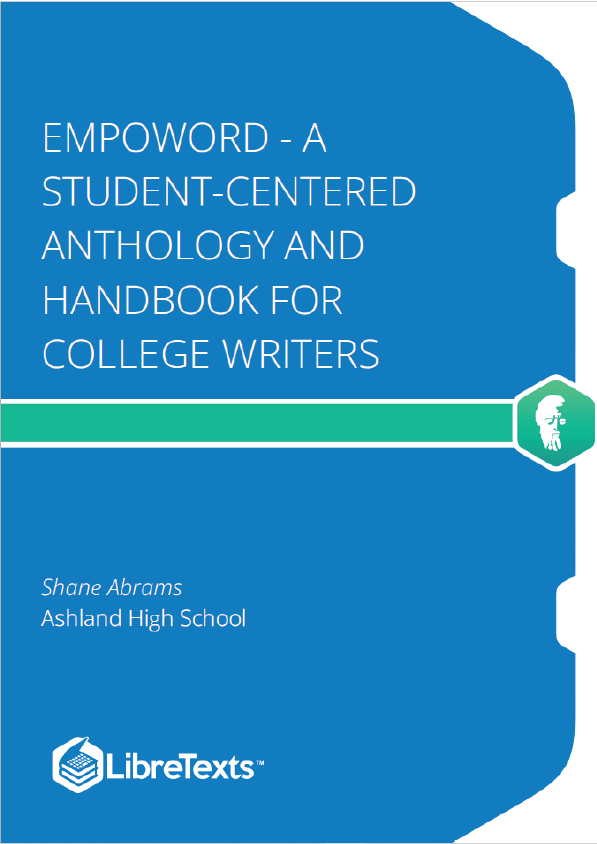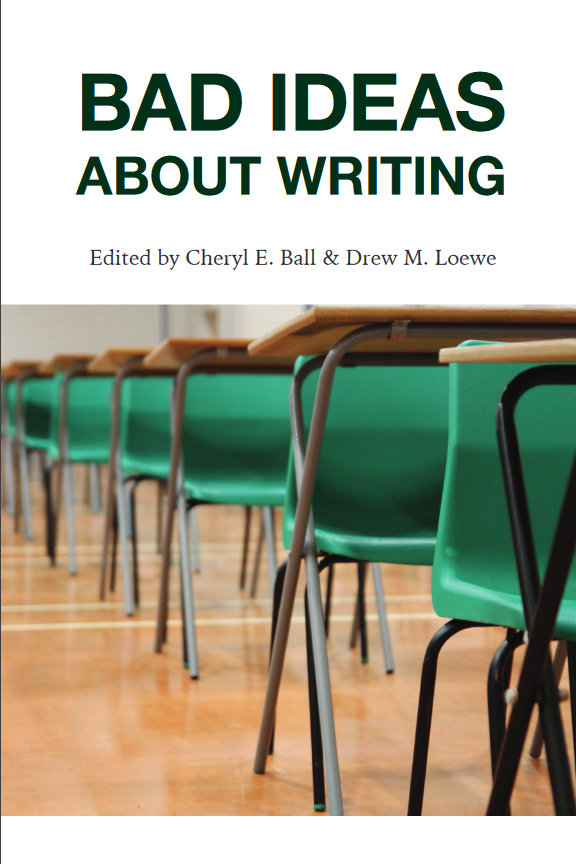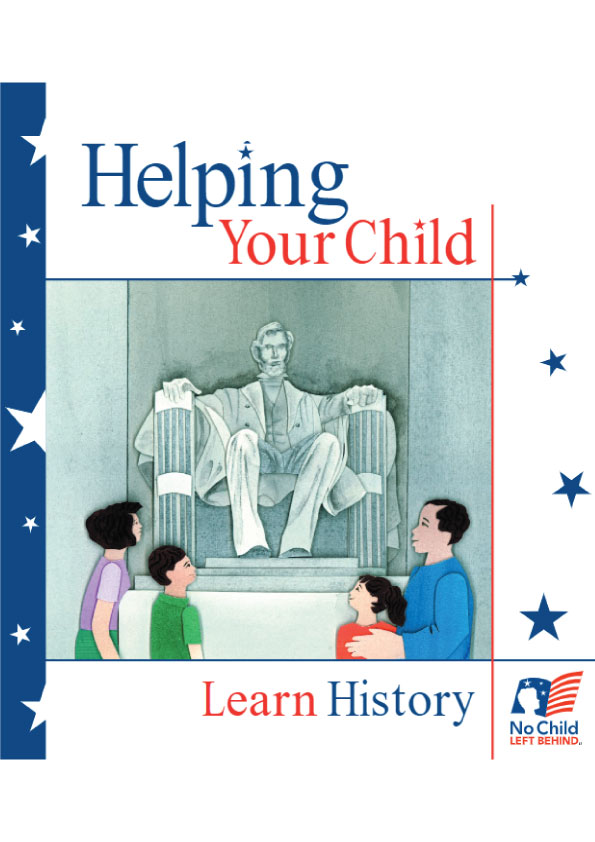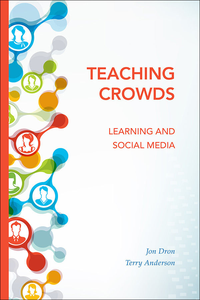As you challenge yourself with new writing experiences, experiment with your process. By this point in your academic career, you’ve probably already found something that works pretty well for you, and you should give yourself credit for that. But it doesn’t mean you can’t enhance your process. If you’re someone who usually outlines before a draft, try a free-write or a mindmap—or just jumping right into the draft. If you usually listen to music, try a different genre. If you usually fall prey to procrastination, try to bust out an early draft, give yourself a day or two off, and then come back to it.
For all the differences in individual processes, every effective writing process is iterative: unlike the neat diagrams on posters in high school English classrooms, writing requires you to circle back, repeat steps, bounce around in sequence. It demands that you write, rewrite, re-rewrite. It asks you to make revisions on every scale of your drafts. Like building muscle, improving your writing (as product) and your writing (as process) require repetition, dedication, and labor over time.
In summary, remember these three key ideas:
1) SOAP and the rhetorical situation.
Writing is never “good,” “bad,” “right,” or “wrong” in and of itself: it can only be these things relative to the constraints of the rhetorical situation.
2) Process.
Writing is more than just putting words on the page. It begins with a careful consideration of the rhetorical situation and proceeds through recursive idea generation, drafting, and revision. Writing is never truly finished.
3) What to expect from the book.
EmpoWord will provide you the opportunity to experiment within different rhetorical situations to help you practice for future rhetorical situations. Alongside the work you do in class, the book will encourage you to work through complex writing and thinking processes to create rhetorically effective essays. These essays anticipate the kind of writing you will do both in school and beyond because they will give you the chance to practice asking the right questions of your rhetorical situation.
With these ideas in mind, I wish you Happy Writing!
First, I’d like to thank you for adopting this book (or at least considering it) for your class. I know the nightmare that textbook adoption can be, and I hope this serves your students’ needs as a primary textbook or a supplementary material. This text was inspired by my first year as a Graduate Teaching Assistant at Portland State University. I walked into a classroom of first-year students, transfer students, international students, and returning students, all of whom had shelled out $70 for textbooks required by the department. As I planned each lesson, I had this figure in my mind: sure, it wasn’t the most expensive part of college, but my students would feel ripped off if I didn’t use the anthology and instructional handbook that they had been required to purchase.











